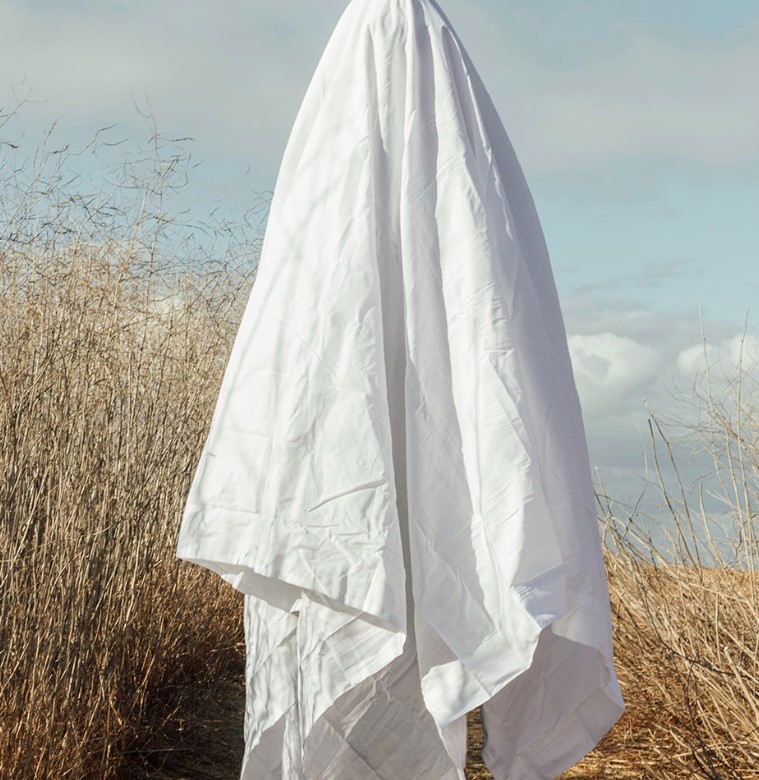If you frequently use social media, you’ve likely encountered viral hoaxes, conspiracy theories, manipulated images, and similar stories, haven’t you?
These stories are shared so extensively that most of us see the viral hoax.
If the news is frightening, it’s natural to feel a sense of panic.
This is precisely what occurred with Teresa Fidalgo.
You may have come across this name in various viral articles, correct?
The message is alarming as it urges people to share or face repercussions.
So, are you interested in uncovering the truth behind this post? Is it merely a hoax, or is there some element of truth to it?
Who is Teresa Fidalgo?
Some dismiss her as a fabricated ghost, while others assert her reality. It’s claimed that the spirit of a young woman, who allegedly died in Sentra, Portugal, has the power to haunt and possess social media users who receive her message but fail to share it.
How this narrative gained popularity is intriguing.
This article aims to dispel the fear and anxiety caused by the Teresa Fidalgo ghost story that circulated on Instagram.
Why is the dead girl going viral on the internet?
If you’re a part of the current generation, you’ve likely encountered numerous stories similar to that of Teresa Fidalgo. Indeed, she isn’t the first mythical white female to cause anxiety.
this instance is somewhat unique.
People assert its authenticity, and it has garnered considerable attention over the years.
It has evolved into something of an old tale on the internet.
In essence, it’s akin to a “chain mail” that threatens the recipient with Teresa’s “ghost” if they don’t repost the message.
The post states, “I’m Teresa Fidalgo, and if you don’t post this on 20 photos, I’ll sleep with you forever.”
She further warns, “A girl ignored and her mother passed away 29 days later.
You can even search for me on Google.
Although it first emerged in the early 2010s, this “threat” has been resurfacing for over a decade now.
How did Teresa Fidalgo die?
Teresa Fidalgo is said to have perished in a car crash on a mountainous route in Sentra, Portugal, in 1983.
The narrative gained popularity when an alleged video of the accident was disseminated on the internet on July 12, 2003.
it was later disclosed that the video was a short film produced by a Portuguese filmmaker, David Rebordão.
When did Teresa Fidalgo die?
The deceased Portuguese woman whose ghost allegedly haunts people through social media died in Sentra, Portugal, in 1983.
Teresa Fidalgo Ghost Story
The tale of Teresa Fidalgo is a spectral narrative that has been circulating on social media platforms for quite some time.
The lore suggests that Teresa met her untimely demise in a vehicular mishap, and her spirit is now allegedly visible in images and videos disseminated on the internet.
There’s a belief among some that failing to propagate her story results in being eternally haunted by her.
In an attempt to instill fear in others on the internet, individuals circulate visuals purportedly showing Teresa’s apparition, accompanied by a menacing message warning of eternal slumber alongside her if the material isn’t shared.
it’s crucial to note that this narrative is merely a fabrication and lacks any factual basis.
The origin of this story remains ambiguous, but its impact is undeniable, having succeeded in unnerving individuals globally.
It’s vital to bear in mind that such ghostly tales circulating on social media lack authenticity and should not be accorded any serious consideration.
What was Teresa Fidalgo’s age at the time of death?
Police records verify that Teresa Fidalgo, a 25-year-old Portuguese woman, perished in a traffic collision in Sentra, Portugal, in 1983.
Is Teresa Fidalgo real?
Portuguese filmmaker David Rebordão openly acknowledged that the video featuring Teresa Fidalgo was a meticulously planned and scripted horror production.
Contrary to public belief, the footage depicting Teresa Fidalgo’s supposed accident was a segment of his 2013 short film “A Curva” (also known as “The Teresa Fidalgo Ghost”), which he uploaded to his YouTube channel in 2014.
Conclusion
story of Teresa Fidalgo is a classic example of internet folklore.
While it has caused fear and panic among many social media users, it’s important to remember that this narrative is a fabrication.
The video that sparked the tale was a planned and scripted horror production by Portuguese filmmaker David Rebordão.
The story serves as a reminder to critically evaluate the information we encounter online, especially when it incites fear or urges us to share content without verifying its authenticity.
Always remember, that not everything we read or see on the internet is true. Stay informed and stay safe.
ALSO READ
- Christina Khalil: The Influencer Who Dares to Be Different
- Is Bill Cosby Dead or Alive, Where is he Now?
- Emily Compagno is Husband: Who is Peter Riley and How Did They Meet?
- Joel Smollett: The Patriarch of the Smollett Family
